One Language, Two Worlds
My late husband, Richard, loved to quote his hero, Winston Churchill. His favorite was about the U.S. and England being separated by a common language. He first quoted it not long after we were married when I'd just spilled something. “Could you bring me the cloth from the sink?” I asked. I was brought a towel from the basin–the bathroom sink. We always laughed about those simple differences in the way our two countries supposedly spoke the same language.
Some differences are so noteworthy they were even hilarious. Since I'm writing this in summer, I shall recount one I find more than funny–the difference in how the two nations picnic.
Recently I came across a photo of a Corner family picnic in Scotland, taken by Richard's father, a keen photographer, whose albums of photos taken during his 10 years in Mesopotamia (there is one of him with Gertrude Bell) and family gatherings are wonderful memorials of a fascinating and talented family. I assume it's Scotland because Richard's uncle Malcom and his wife, Doreen, are in the photo. Uncle Malcolm, the Vicar of the church in Lossiemouth, is on the right next to his wife. He is the only picnicker not wearing a raincoat. It might be drizzling, as that is not unusual in Scotland. Malcom had studied theology in Geneva and often hiked in the Swiss alps, always prepared for iffy Swiss weather. So perhaps that's why. Maybe, because, being a member of The Highland Regiment, he wore a kilt (the all-weather garment) going off to WW I, as did Richard's father.
The rest of the family is Richard's sister, Elizabeth (standing on left) and her husband, Noble, behind Malcolm. Noble was head of the BBC in Paris and might have pronounced picnic as picnique and found it necessary to tell everyone that the French originated the idea of eating outside. He was known in the family to be a pompous ass. Their daughter, Iona (named after the Scottish isle) is seated on the left. My mother-in-law, Marjorie, is sitting under the tree, dressed as if she were going to church, as she may have done; picnics were held on Sundays after Malcolm's sermon.
Edwardian in Every Way
Marjorie was a proper Edwardian in the way she looked at the world: always fresh flowers in the entrance to their home in Hove, to welcome Richard's father's patients (the King gave him an OBE for his work on tropical diseases when he was a young doctor in Mesopotamia during WW I) and would come to Dr. Corner's medical office, known jovially in the family as “The Insulting Room” in recognition of her sharp call-out to anyone who thought they could leave a commercial van in front of Number 5, 2nd Avenue–“Get your rubbishing vehicle off the premises; this is a doctor's house!” She would always be dressed "properly–even for picnics.
Marjorie might have put together the picnic of absurdly thin cucumber-and-ham sandwiches and a whole loaf of bread, which she would slice so everyone could spread their own raspberry jam. There would always be fruitcake and at least two flasks of tea, and China cups and saucers spread out on a plaid blanket.
Everything but the blanket was packed in straw hampers.
Marjorie died shortly before Richard and I became engaged and I never met her. Nevertheless, her presence had been prominent in the 50 years we were married. Marjorie, a talented pianist, left her Bechstein to Richard and we brought the piano with us to wherever we moved, which was “no picnic.” This phrase in American English means "difficult." The British phrase, "a sandwich short of a picnic," means someone is missing something intellectually.
Shortly after our marriage in May 1972, we went to my parents in Chatham, Cape Cod, where they had a summer home and the family spent many joyful summers sailing, swimming, clamming and beach picnicking on Nauset Beach, famous for its pure white sand and, in low tide, perfect waves for body surfing.
When Richard experienced what a Jones family picnic entailed–consulting tides, preparing leftover succulent lobster for lobster rolls, potato salad, dill pickles, Swedish (my mother was Swedish) cheese with cumin and knackbröd, large beach towels, cold beer and sodas, plastic plates and utensils that would be washed in the Atlantic along with sandy feet before getting back into the motored skiff for the return. No dessert. There would be fresh blackberries picked from a neighbor's wild vines when we got home.
Picture and Picnic Perfect
Everything was packed in heavy sailcloth totes that could weather expected spray. No picnic hampers here! We would never have a beach picnic if there was a chance of rain. But then Cape Cod, unlike Scotland, had glorious sun most of the summer.
Nauset Beach was not Brighton Beach, infamous for its pebbles that are so hard to sit on and even harder to walk on; definitely not a picnic destination. That and the weather was not all that Richard found picnic perfect. He reveled in the excitement of learning how to body surf, along with thick local lobster meat sandwiches and listening to my father's tales of his early adulthood learning to paint in Provincetown at the other end of the Cape. He was all ears too when grandpa give his grandchildren lessons in sea life upon their finding shells worth saving.
Sharing beers with my father – a superb raconteur –, Richard got one of his first lessons as my father demonstrated how to pull off a beer can tab and insert it back into the can so fish would not swallow the shiny objects, thinking it was food, and die.
When my father died, Richard gave the eulogy. It could have been a Cape Cod sermon as he praised his father-in-law for knowing how to live a good life with talent, a keen eye for the unusual and his love for his family before sprinkling his "golden ashes" in the waves crashing onto Nauset Beach.
I am reminded not only of our summer picnics but also the stories Richard recounted to me over the years of other Corner family outings and famous Scottish castles and gardens. Though different than mine, picnic memories are, in the end, all about enjoying family, friends, and food in nature, whatever language one spoke



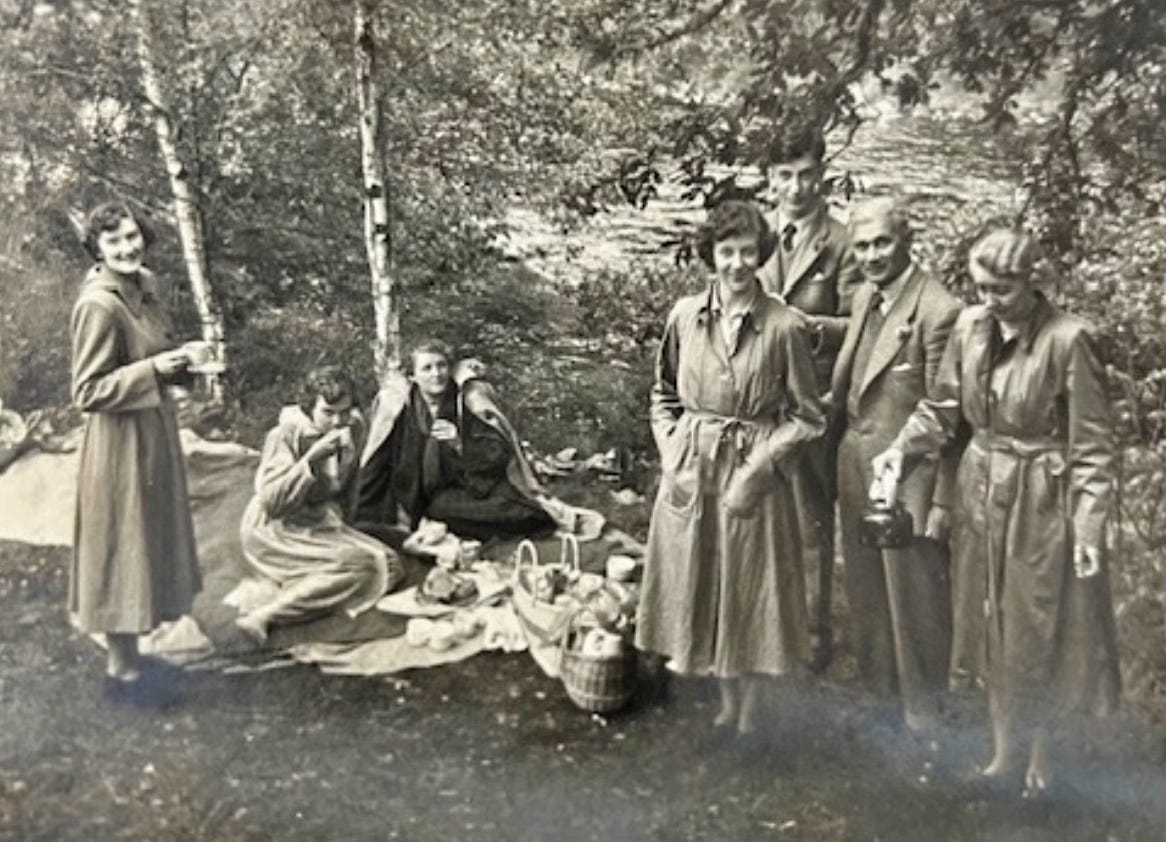
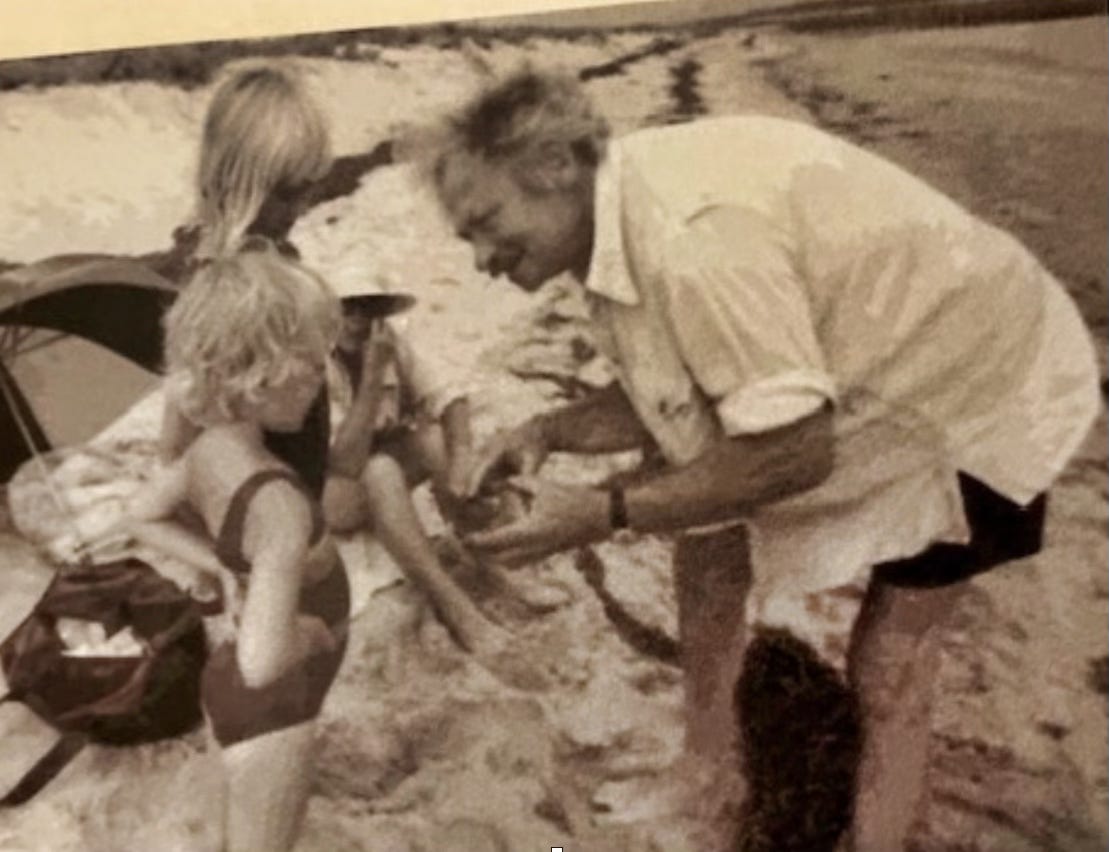
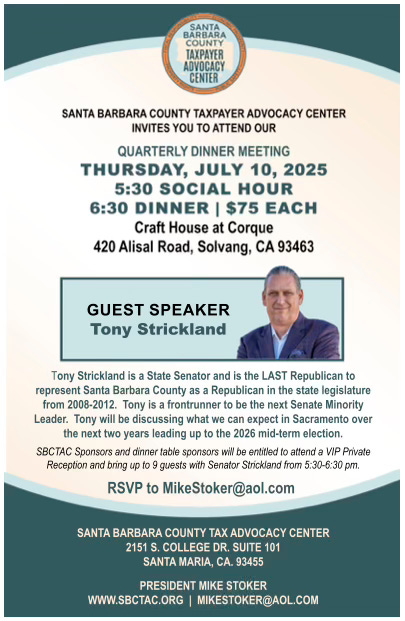

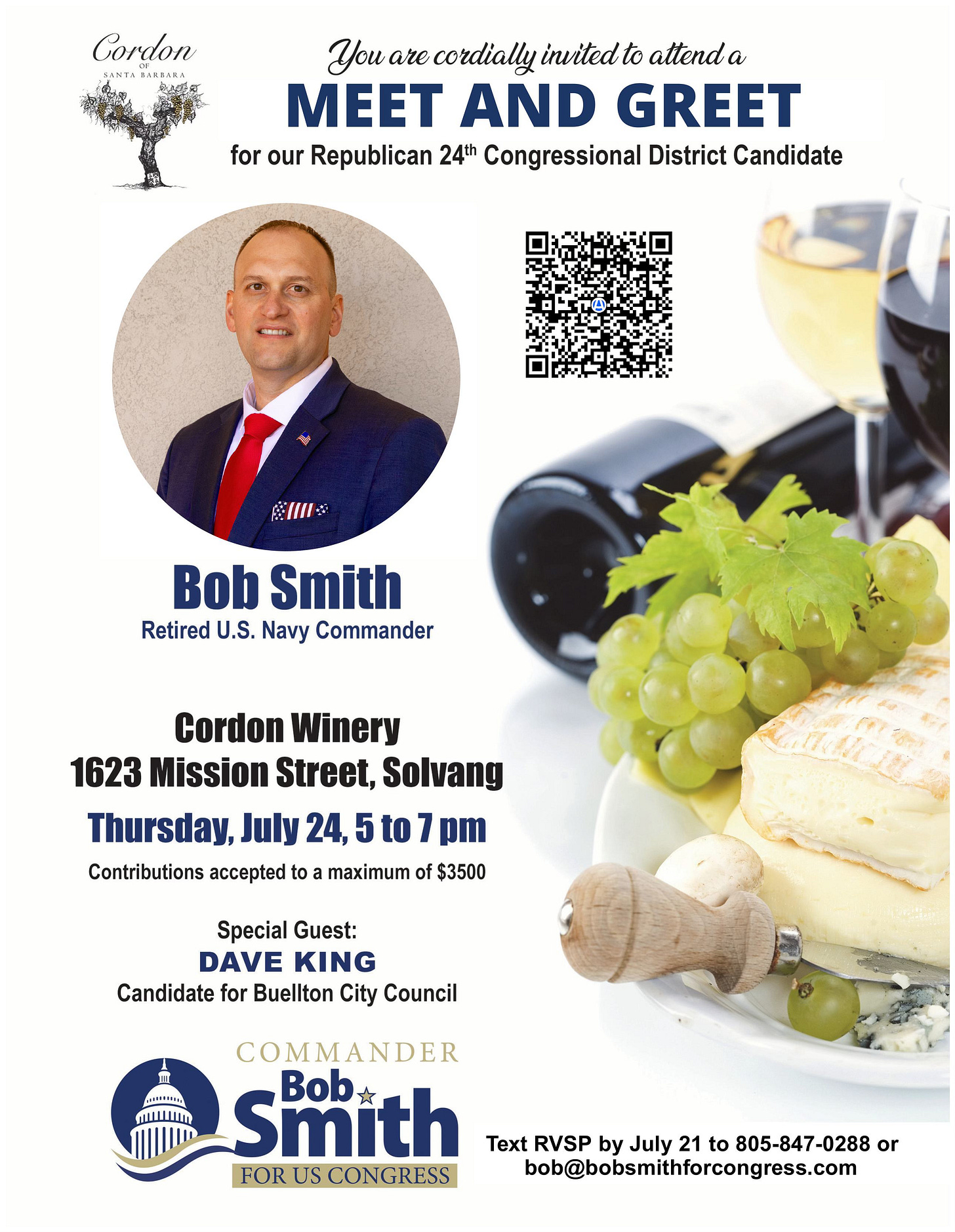
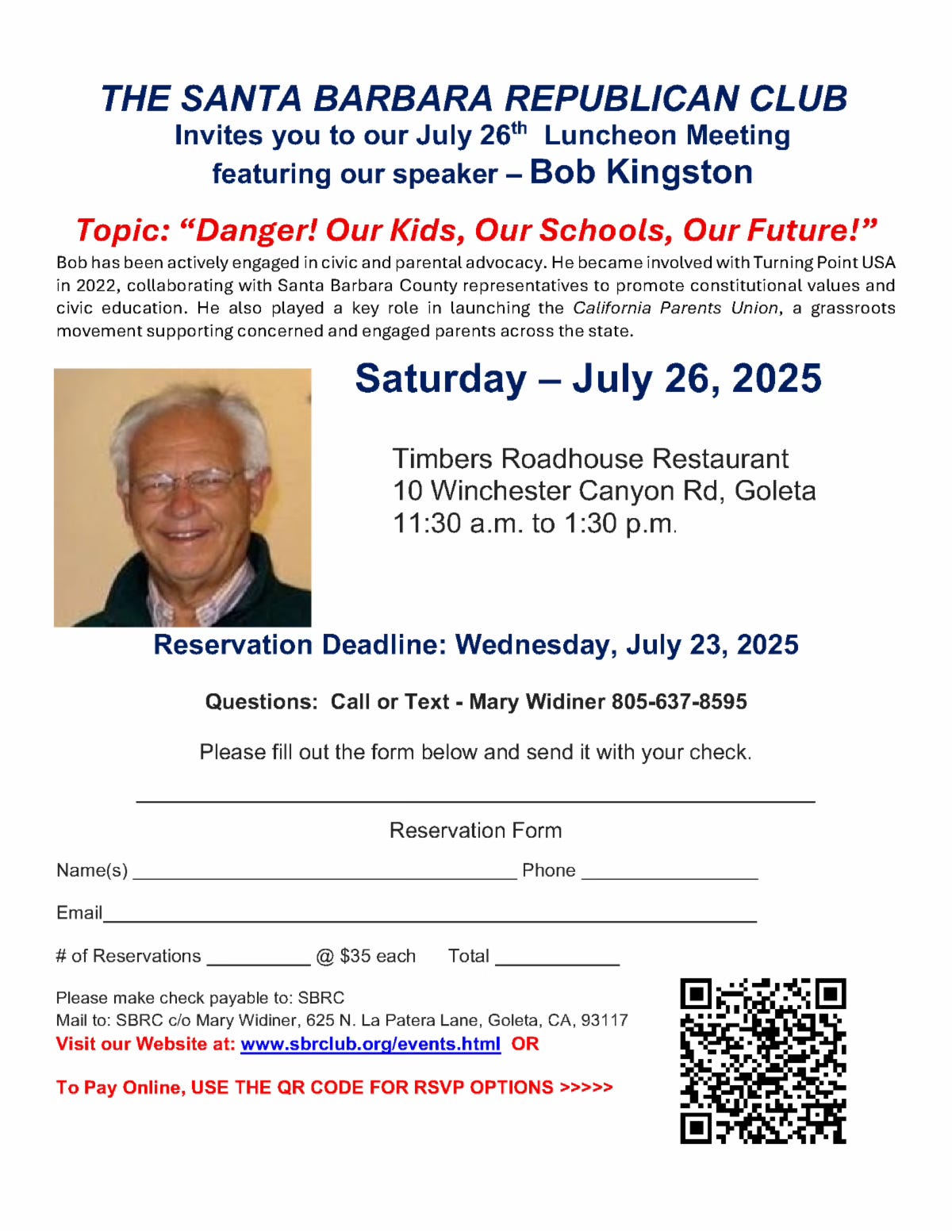
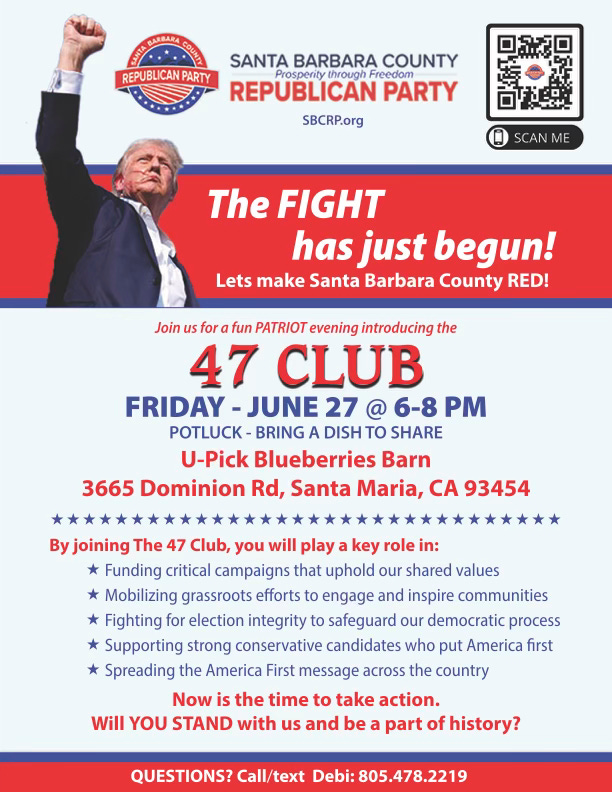

When people tell me they want to learn to cook, I give them two books: Michael Ruhlman's “Ratio” which teaches you the magic proportions to make stock, bread, sauces, sausages - as his subtitle puts it “everyday food.” The other is Alexandra Leaf's “The Impressionists' Table” a glorious and sadly, out of print, Rizzoli cookbook of Impressionist paintings of dining life and recipes from those French painters. It's well worth it to buy a used copy off Amazon. The Impressionists knew how to make picnics masterpieces of life at its fleeting best. It's a humbling lesson that the great Impressionists took the time not just to create paintings that would outlast them, but to cook and put together picnics and other meals that would last only a few hours. Life is brief, carpe diem - seize the day. Have a picnic.
Nice.
A tale of one culture separated by language. (now where is the lift?)